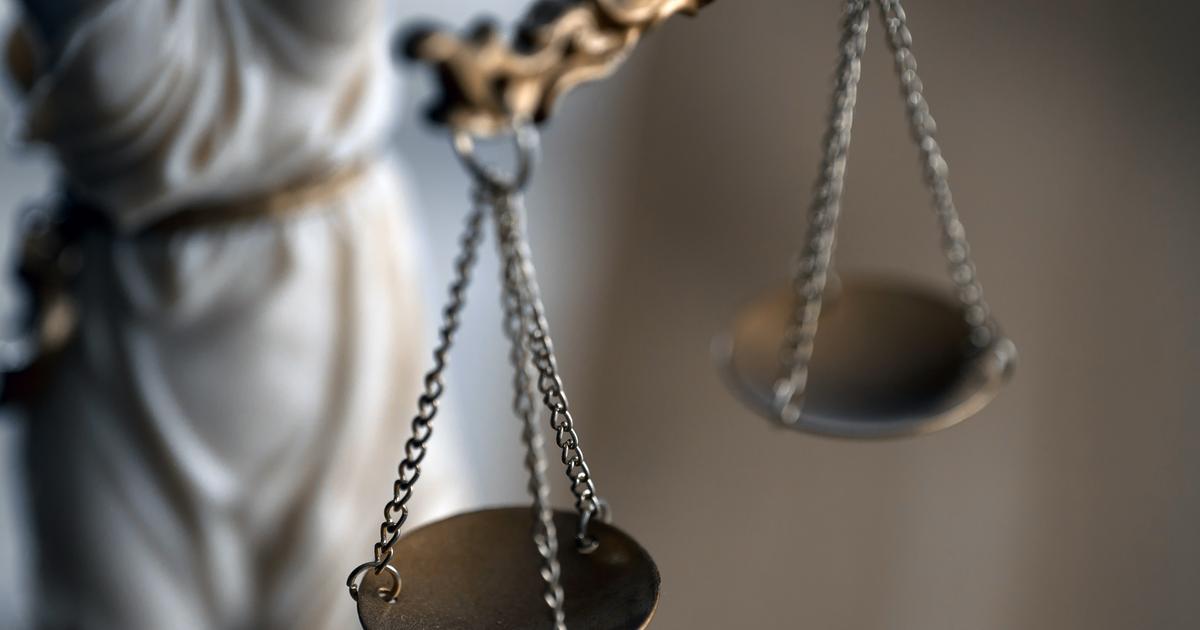Almost a century later, Argentine justice is looking into the massacre of more than 300 members of the Qom and Moqoit indigenous peoples, a trial without
"guilty
", largely symbolic, but an unprecedented step towards an indigenous truth that is barely audible in the country's history.
The
“truth trial”
, which will stretch over nine hearings spread over a month, began on Tuesday in a court in Resistencia (northeast) in the province of Chaco, where, on July 19, 1924, this which is known as
'the Napalpi Massacre'.
To discover
LIVE - War in Ukraine: follow minute by minute the evolution of the conflict
Read alsoArgentina: thousands on the streets in the face of soaring inflation
That day, a force of around 100 police, soldiers and civilian settlers opened fire on members of the Qom (or Toba) and Moqoit (Mocovi) communities in an Amerindian reservation, which served as a de facto reservoir of work for the cotton fields and where a revolt has just taken place against living conditions of quasi-slavery.
The massacre caused several hundred deaths, between 300 and 500 according to survivors, men, women, children whose bodies were sometimes mutilated, then thrown into a common grave.
The crackdown continued for several months, according to the (governmental) Human Rights Secretariat.
“This trial for the truth seeks to approach the reality of the facts. He does not seek criminal responsibility, but to know the truth, in order to rehabilitate the memory of peoples, to heal wounds, to repair and also to activate the memory and the awareness that these human rights violations must not be repeated”
, declared Judge Zunilda Niremperger, opening the trial.
"We are going to demonstrate in a concrete and clear way who participated, and who was responsible for this genocide
," said federal prosecutor Federico Garniel, in charge of the prosecution.
The Province of Chaco, the Human Rights Secretariat and the Everyño Aboriginal Institute are co-plaintiffs in the proceedings.
An “invisible drama that reemerges”
The massacre was qualified by justice as a crime against humanity, giving it an imprescriptible character.
The procedure began in 2004, with since the patient collection of clues and testimonies and a desire to hear all the parties, descendants of the settlers as well as Indian communities.
Incredibly enough after nearly a century, the investigation has found eyewitnesses.
Also the trial was able to hear the testimony, filmed in 2014, of Pedro Valquinta, a centenarian who has since died, then of Rosa Grilo, who would have
"approximately"
between 110 and 114 years old, and could also testify in person at the hearing if his health allows him.
“For me it's sad, they killed my dad. I almost don't want to remember anymore. (These are) sad things. Many people, they killed”
, said Rosa Grilo in a mixture of Spanish and her Qom language, in a testimony filmed in 2018 as part of the investigation and broadcast Tuesday, during the hearing partly broadcast. in line.
"I was a child, but not that small (...) My grandfather and my mum were shouting 'Run, run', and we fled towards the forest.
There, we lived by eating carobs, drinking water from thistles (..) I don't know why they killed children, old people.
A lot of suffering...”,
recounted Rosa.
In another filmed document, Juan Chico, a historian of Qom origin who died on
“a subject which is very dear to us, which has become invisible, but which in recent years has begun to re-emerge”.
"There is, in the communities, a cultural memory, which must be received by justice
," he said.
Historians regularly recall to what extent the construction of Argentina as a nation, throughout the 19th century, went through the submission of indigenous peoples subject to extermination.
More than any other, the episode says of "the Conquest of the Desert", not desert at all, which incorporated Patagonia into the Argentine nation at the cost of at least 14,000 deaths among the most southern ethnic groups.
Only about one million Argentines, out of 45 million inhabitants, define themselves today as a member or descendant of one of the 39 original ethnic groups, according to the 2010 census. Since 1994, the Constitution recognizes the rights of peoples indigenous.

